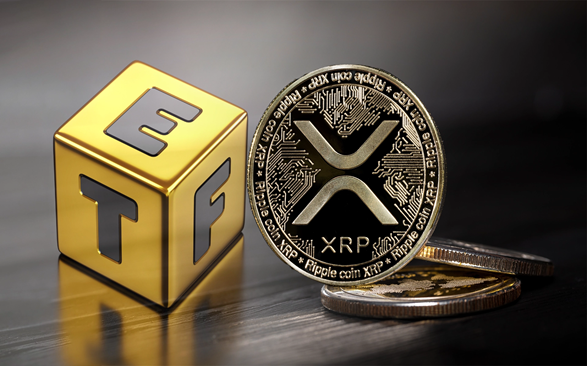Introduction
Due to the fast-growing adoption of cryptocurrencies amongst households in the U.S., the U.S. Department of the Treasury is launching an education campaign to raise awareness about the risks of investing in cryptocurrencies. The initiative is targeted at investors who have limited access to mainstream financial services.
The Treasury’s Financial Literacy Education Commission will be in charge of this initiative, ensuring that the members of the U.S. Public are informed about how cryptocurrencies work and why they are different from other currencies.
The cryptocurrency awareness campaign will involve the creation of educational materials and organization of outreaches.
In the words of Nellie Liang, the U.S. Treasury undersecretary for domestic finance, as reported by Reuters: “We’re hearing more and more about investors and households who are purchasing crypto assets, and we recognize the complexity of how some of these assets operate”.
Without regulation, regulators, including the U.S Securities and Exchange Commission’s (SEC) Gary Gensler, believe that the crypto industry will remain a “wild west” where fraud and scams will be prevalent. While the members of the public continue to wait for that regulation, the U.S. Treasury feels—and rightly so—that “this is an area also where more education (and) more awareness could be helpful”. It is all about “awareness without trying to stamp out new technology and new innovation”, Liang points out.
The Treasury’s Financial Literacy Education Commission comprises 20 different agencies, including the SEC, the Federal Reserve, and the Federal Deposit Insurance Corporation (FDIC), and the Office of the Comptroller of the Currency (OCC).
Lessons for Nigeria and other countries with hostile approaches to cryptocurrencies.
Globally, more and more individuals as well as institutions have been adopting cryptocurrencies with speed as cryptocurrencies move from the fringes to mainstream. Nigeria and other African countries are no exceptions. But rather than educate members of the public about cryptocurrencies and regulate these cryptocurrencies in order to harness the potentials while addressing the risks associated with them, the current approach amongst regulators in Nigeria and a number of African countries is restrictive and prohibitive.
This should not be so.
Restrictive and prohibitive regulatory approaches to a disruptive innovation that is decentralized portends more danger to centralization and control This is because regulators may gradually and eventually lose control to actors they have succeeded in driving underground.
Therefore, introducing a cryptocurrency education campaign is definitely a welcome development. No regulator should be looking the other way while bad actors gradually take undue advantage of an unregulated sector such as the virtual assets sector.
The idea of resisting cryptocurrency adoption by simply pushing a central bank digital currencies (CBDCs) as the trusted alternative digital currency may not be the complete answer either. Doing so, as the Central Bank of Nigeria (CBN) is effectively attempting to do today, is as good as saying to the decentralized cryptocurrency adopters: You are on your own, except you adopt our eNaira. (In a recent virtual conference I attended last month, a staff member of one of the regulatory agencies in Nigeria claimed that bitcoin and other cryptocurrencies are MMM, referring to the popular Ponzi scheme.) Such an approach—rightly or wrongly—puts a big question mark on the responsiveness and integrity of regulators in a free and fair market where innovation is private-sector driven and the primary statutory duty of regulators is to protect consumers and investors in a free and fair market.
CBDCs and decentralized cryptocurrencies such as bitcoin, Ethereum, and others are not exactly foes, if regulators and innovators work together to address genuine concerns regarding risks. It is when regulators fail, neglect, or refuse to work closely with industry players in a roundtable that we often have avoidable fears and tensions, creating the elephant in the room.
As the elephant of the global economy, the U.S, has decided to do by introducing an inter-agency cryptocurrency awareness program, will the giant of Africa’s Central Bank of Nigeria (CBN), Securities and Exchange Commission (SEC), National Deposit Insurance Commission (NDIC), Federal Competition and Consumer Protection Commission (FCCPC), the National Information Technology Development Agency (NITDA), and other relevant agencies in Nigeria also collaborate to launch a cryptocurrency awareness initiative?
YES, it is the responsible thing to do, while we dot the dot the i’s and cross the t’s of virtual asset regulation.
Little wonder the White House had to issue an executive order to ensure that relevant agencies of the government harness the potential benefits of digital assets and their underlying technology while also addressing the risks.
Will Aso Rock have to issue the same executive order in Nigeria?
Discover more from Crypto Asset Buyer
Subscribe to get the latest posts sent to your email.




